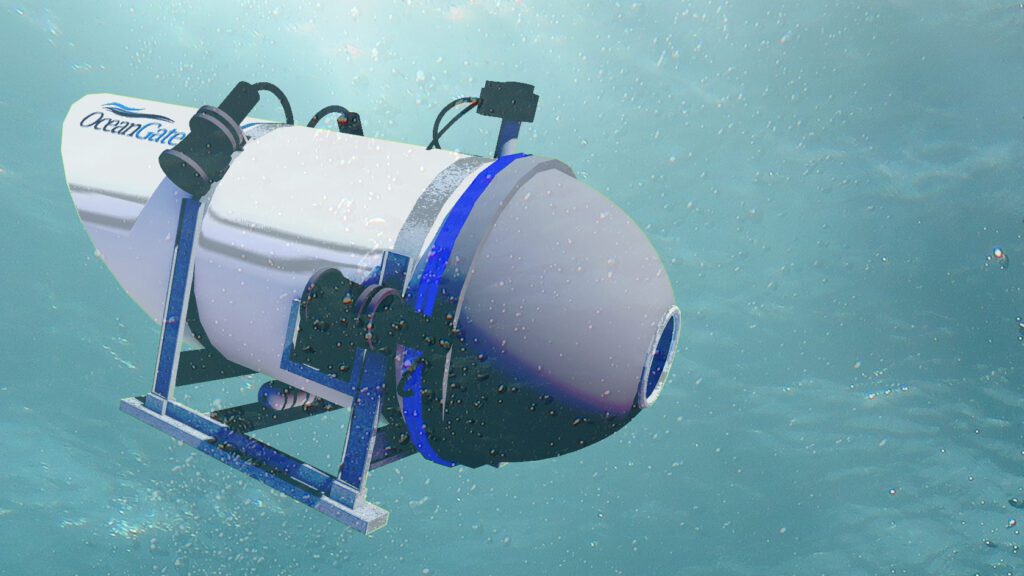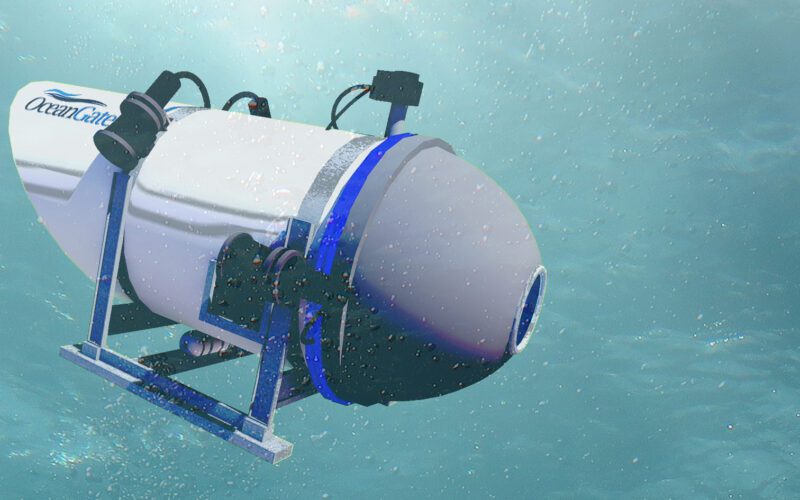In every issue of Professional Mariner, we have a casualties section that highlights maritime incidents. The purpose of this section is so that we can learn from the challenges and mistakes that others had to deal with in hopes of either not making those same mistakes or knowing how to deal with similar events.
As the timeless adage goes, “Those who fail to learn the lessons of history are condemned to repeat them.”
So, what can we learn from the recent tragic loss of the Titan submersible? As mariners, we know the sea can be a dangerous and unforgiving place. We train, prepare our vessels, enhance systems, and create redundancies upon redundancies. But every now and then, mother ocean pitches a curveball, and sometimes tragic oversights happen.
We may never know exactly what happened to Titan. But we can assume a few things and hopefully learn some lessons:
1) There was a structural failure. What caused that failure is unknown and may be unknowable. But this event emphasizes the need for standards of construction for ALL vessels going to sea and carrying people or goods for hire. The information we have at this time seems to indicate that Titan was not certified by any recognized body, such as ABS, DNV or Lloyd’s. Such certification would certainly raise the cost of construction and perhaps operation of the submersible. Undoubtedly, in this case, that cost would have been well worth it.
2) The operator of the vessel was not a licensed mariner. Would that have made a difference? Perhaps. As mariners, we are trained to evaluate risks and make decisions to protect the safety of our vessel, crew and passengers/cargo. We have witnessed the power of the sea and well understand what can happen to the unprepared. Requiring all submersible operators to be subject to the similar training and certification requirements that apply to surface vessel operators can only improve the level of safety aboard those highly specialized vessels.
I am a free-market person to the core. But regulations exist to protect those who are not experts in a variety of matters – medical, financial, transportation, construction and food safety to name just a few.
The five souls who were lost on Titan knew there were risks and undoubtedly signed waivers that assumed those risks. But they also likely assumed that some form of regulations existed to ensure the safe operation of their dive. Tragically, they were wrong. There are lessons to be learned here.
From all of us at Professional Mariner, our hearts go out to the friends and families that lost loved ones on Titan. Let’s hope that as we push the boundaries of deep sea and space tourism, we will keep the lost Titan travelers in our memories and ensure we learn the hard lessons drawn from their tragic loss.
‒ Dave Abrams, publisher, Professional Mariner
UPDATE: Since this story was posted earlier this week, additional information has come to light that Stockton Rush, the CEO of OceanGate and operator of Titan who died aboard the vessel, did hold a merchant mariner credential as a licensed captain.


